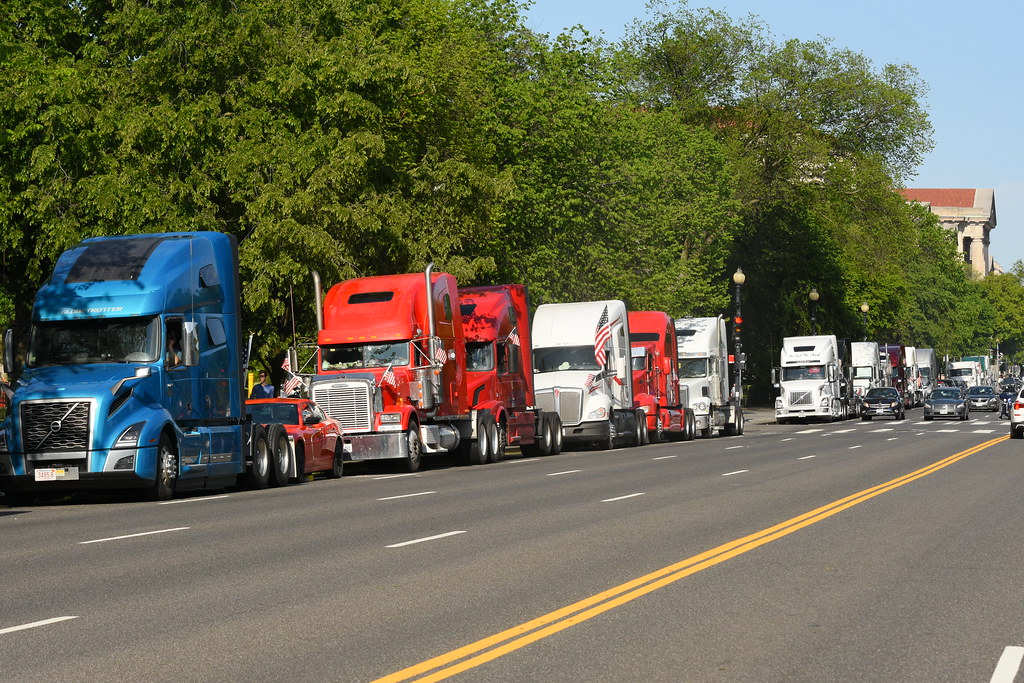
Morgan Sperry is a student at Harvard Law School and also serves as OnLabor's Social Media Director.
In today’s news and commentary, Cambridge coffeeshop Darwin’s Ltd. re-opens as a worker-owned collaborative, and the Supreme Court grants cert in another forced arbitration case.
After closing last year in response to its employees’ attempted unionization, Darwin’s Ltd.—located in OnLabor’s hometown of Cambridge, MA—has re-opened as a worker-owned collaborative. On September 12, approximately nine months after Darwin’s shut down mid-union negotiations, four former Darwin’s employees launched the Circus Cooperative Cafe at Darwin’s former Putnam Ave location. The employee-owned cooperative welcomes hires to become “worker-owners” after six months of employment, and is committed to extending to its workers a say in business decisions and a share of profits.
The Supreme Court has granted cert in yet another forced arbitration case. Last week, the Court announced that it would hear oral arguments in Bissonnette v. LePage Bakeries Park St. LLC, the third case in four years to consider the scope of the Federal Arbitration Act’s exception for transportation workers. In 2019, the Supreme Court held in New Prime Inc. v. Oliveira that independent contractors can qualify for the transportation worker exemption (meaning that they can not be compelled into forced arbitration). Then, in 2022, the Court in Southwest Airlines Co. v. Saxon extended the exemption to airplane cargo loaders. Now, in Bissonnette, the Court will consider whether a transportation worker must work for a company in the transportation industry in order to be exempt from the FAA. Opponents of forced arbitration are advocating for a more expansive holding, wherein even transportation workers affiliated with private fleets can qualify for the exemption.






Daily News & Commentary
Start your day with our roundup of the latest labor developments. See all
January 11
Colorado unions revive push for pro-organizing bill, December’s jobs report shows an economic slowdown, and the NLRB begins handing down new decisions
January 9
TPS cancellation litigation updates; NFL appeals Second Circuit decision to SCOTUS; EEOC wins retaliation claim; Mamdani taps seasoned worker advocates to join him.
January 8
Pittsburg Post-Gazette announces closure in response to labor dispute, Texas AFT sues the state on First Amendment grounds, Baltimore approves its first project labor agreement, and the Board formally regains a quorum.
January 7
Wilcox requests en banc review at DC Circuit; 9th Circuit rules that ministry can consider sexual orientation in hiring decisions
January 5
Minor league hockey players strike and win new deal; Hochul endorses no tax on tips; Trump administration drops appeal concerning layoffs.
December 22
Worker-friendly legislation enacted in New York; UW Professor wins free speech case; Trucking company ordered to pay $23 million to Teamsters.